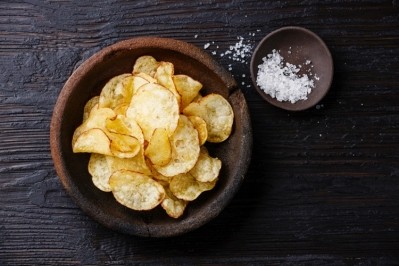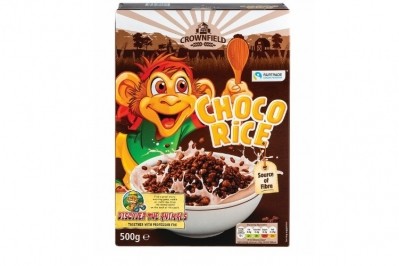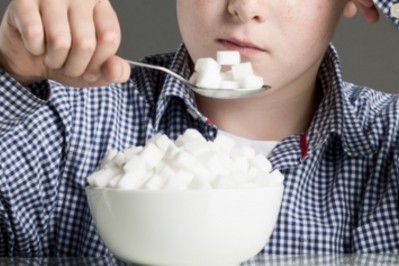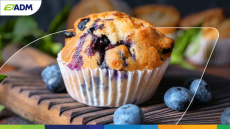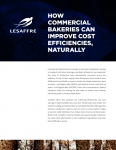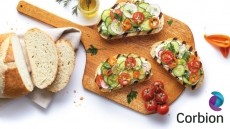Is it time for a sweet snack tax? ‘We should be led by the evidence’ states UK medical head
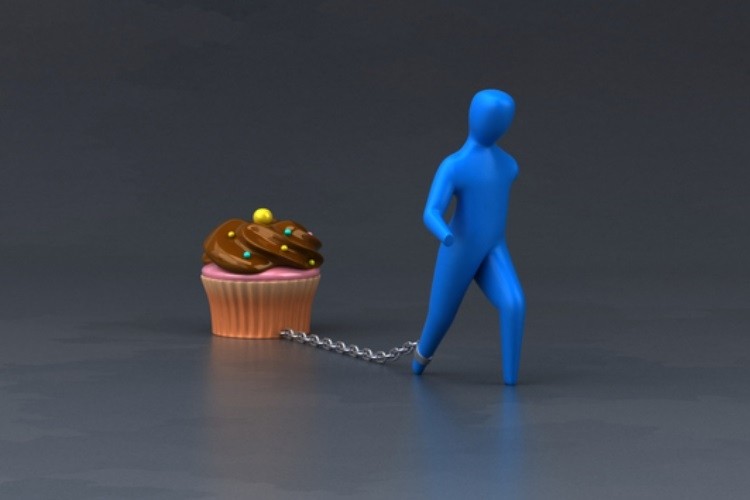
A tax on sugar sweetened beverages (SSB) was implemented in the UK last year, based on evidence from the NHS that it would save £15bn ($18.3bn) and almost 80,000 lives in a generation by weaning the public off its sweet tooth – and it seems to be working.
A recent Public Health England (PHE) report revealed the UK levy has resulted in a 29% reduction of the sugar content per 100ml of retailer own-brand and manufacturer-branded beverages.
“I supported – in fact, advocated – a sugar tax precisely because it was felt that it would lead to the reformulation of the amount of added sugar in fizzy drinks, not because it would put the price up per se,” said Stevens.
“And that’s exactly what’s happened. So, when you look at the evidence of whether or not the sugar tax has worked, the answer is: it has.”
Global obesity crisis
The UK is just the latest to put the sugar tax into action.
Ramping up the pressure
Dame Sally Davies – who has stepped down as the UK government’s chief medical officer – wants to curb people snacking on the go.
Her final bow – a 98-page manifesto designed to tackle the country’s obesity problem – was released today in which she calls for a ban on food on public transport; applying the sugar tax to cereals, cakes and yogurts; and plain packaging for sweets and chocolates if the food industry fails to meet sugar reduction targets.
Globally, the number of people living with obesity has almost tripled over the past 40 years, most rapidly in low- and middle-income communities.
According to the World Head Organization, between 1980 and 2013, global overweight and obesity rates increased by 28% in adults and 47% in children and no country has been able to stop the rise to date. In 2016, more than 1.9 billion adults were overweight and of these, over 650 million were obese. Over 40 million children under the age of five were overweight.
This is leading to the dichotomous burden of malnutrition and obesity, when a population has both too much food and not enough of the right foods.
To date, similar ‘health-promoting’ taxes have been implemented in 28 countries and 12 cities to ‘resounding success’.
Norway was the first to implement it in 1981, followed by Samoa, French Polynesia and Palau. A sugar tax in Mexico in 2014 – supported by a campaign that asked “Would you give them 12 spoonfuls of sugar? Why give them soda?” – cut fizzy drink sales by 12% in its first year.
However, the World Health Organization (WHO) says that, while the taxation of SSBs is gaining momentum, more action is urgently needed to reduce sugar consumption and address diet-related non-communicable diseases (NCDs), like child obesity.
Sugar taxes are the way to go
According to World Cancer Research Fund International, ‘SSB taxes have been shown to be effective and are a key component to prevent and control diet-related NCDs.’
So why not extend it?
A study published in the British Medical Journal (BMJ) claimed a ‘snack tax’ would have a huge impact on UK obesity.
The scientists concluded increasing the price of high sugar snacks – like cakes, biscuits and sweets – by 20% could reduce energy intake, BMI and prevalence of obesity.
In fact, they added, a ‘snack tax’ could be more effective than the current levy on sugary drinks – with the potential to cut obesity in the UK from around 28% to 25% - as Brits obtain most of their sugar intake from cakes and sweets rather than soft drinks.
Another study published in BMJ found that 97% of cakes and 74% of biscuits would receive a red (high) label for sugar.
Furthermore, it claimed many cake and biscuit manufacturers are failing to reformulate and reduce the amount of sugar sold in their products, actually naming the producers failing to meet the 5% sugar reduction target.
Not cut and dried
Implementing a sugary ‘snack tax’ faces with a number of barriers.
Snacks and sports sponsorship
NHS’ Stevens has also criticized the recent decision by the England and Wales Cricket Board (ECB) to allow KP snacks to sponsor news 100-ball tournament, warning that “poor diet is now a bigger risk factor for ill health than smoking.”
Each team in The Hundred contest will wear shirts featuring a different KP Snacks brand, including Skips, Hula Hoops, Butterkist, Pom-Bear and McCoy’s.
“It is disappointing, despite the good that sports can do – sports can do fantastically, we see that in many walks of life – but it’s disappointing when, for example, you see the English Cricket Board doing a deal with junk food aimed at children… I would hope when those sorts of deals are being considered in future, people make a different choice,” said Stevens.
KP said it hoped the deal would help ‘to grow cricket and encourage families to get active’.
Firstly, the F&B sector argues obesity is a condition of ‘individual responsibility,’ so education and increased physical activity should be encouraged rather than taxation.
Unlike most other taxes that simply increase the price of products, the UK Soft Drink Industry Levy works by encouraging soft drink manufacturers to reformulate and reduce the sugar content of their products.
Secondly, taxation is considered regressive, meaning it affects lower socioeconomic groups more than those in higher socioeconomic groups.
They can result in profit and job losses, negatively impacting the economy.
The head of UK Diet and Health Policy for the Food and Drink Federation (FDF) also argues the industry is working hard to meet the 20% sugar reduction target by 2020 and today is selling 57.3 million fewer kilograms of sugars and one trillion fewer calories than it was in 2015.
“As Public Health England acknowledge, reformulating products takes time, and we must always take the consumer with us,” said FDF’s Kate Halliwell.
“We want government to support us in this work and not introduce punitive measures which might hinder it.
“We agree more needs to be done to tackle obesity, and welcome the report’s clear steer that everyone needs to play their part, including schools, local councils and the NHS. Manufacturers alone will not solve this. We believe money should be put behind specific, targeted measures for those most affected by the burden of obesity.”
PM Johnson is opposed to introducing more levies on items high in salt, fat and sugar.
During his Tory leadership campaign, he said, "If we want people to lose weight and live healthier lifestyles, we should encourage people to walk, cycle and generally do more exercise. Rather than just taxing people more, we should look at how effective the so-called ‘sin taxes’ really are, and if they actually change behavior.”
Studies:
Authors: Pauline F D Scheelbeek, Laura Cornelsen, Theresa M Marteau, et al
BMJ 2019;366:l4786
Authors: Kawther M Hashem, Feng J He, Sarah A Alderton, et al
BMJ Open 2018;8:e019075
